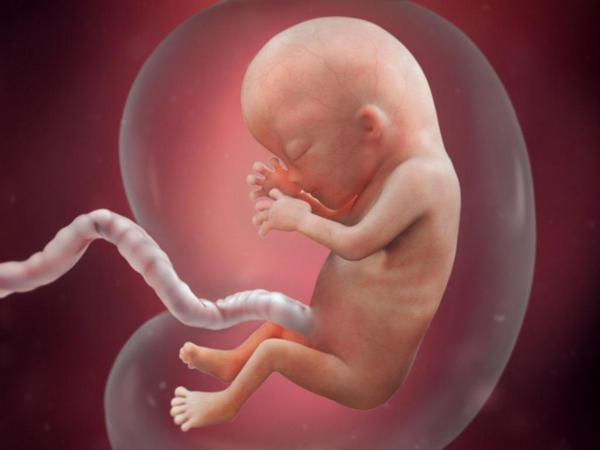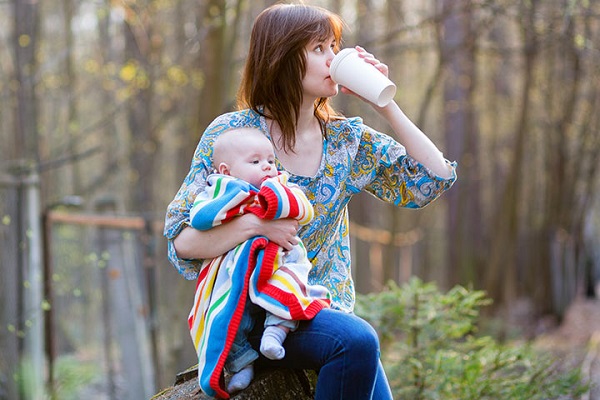Is Decaf Coffee Safe to Drink While Pregnant

Good fetal development accounts for top priority for pregnant women. Thus anything risky that has much likelihood of increasing the rate of miscarriage should be taken into deep consideration, such as coffee intake. However, it is a big struggle for those women who are coffee-addict to abstain from this “ritual” beverage during pregnancy, as they have taken it for granted that sip a cup of coffee in the morning to get themselves started for the day. Fortunately, having moderate amounts of decaf coffee is safe while pregnant, added with reasonable drinking methods and sentiments, proven by the research done in San Francisco.
Limit of decaf coffee intake during pregnant

Satisfied with the answer that it is fine to continue on daily coffee-consumed, you still need to take a look at it because almost all decaf coffee will still contain some caffeine. You should adhere to a warning line for further reassurance. Limit your coffee consumption within 200 mg each day (or no more than two mugs of instant coffee). A cup of decaf coffee has caffeine anywhere varying from 6 to 13.9 mg, normally. Opt to make halfway milk added into your decaf coffee when you brew it at home to lower its caffeine content. In addition, how the caffeine taken out of beans has an indirect impact on the total consumption, so much so that originally processed beans are better choices.
Consequences of decaf coffee overtaken

Drinking too much coffee while pregnant can bring about increased risk of health problems to your fetal growth.
Caffeine is a diuretic that washes plenty of valuable pregnancy nutrients, calcium included, out of your body before they being absorbed completely. Frequent urination may easily make you dehydrated. Have ample water at hand so as to keep you and your baby hydrated.
It will also simulate your central nerve system, increasing your blood pressure and heart rate, which is extremely undesirable for pregnant women.
It is though placenta that transmits nutrients and oxygen to your fetus during pregnancy; in the meanwhile it gives birth to risky troubles since your baby can’t metabolize the caffeine crossing into the placenta as well as you do.
Accumulated caffeine due to excessive coffee intake by mothers is detrimental to the fetus growing environment and development, even causing miscarriage.
Reasonable drinking methods and sentiments

To remove the caffeine content and maintain a safe pregnancy, careful methods and positive sentiments entails. Three common and useful listed are carbon dioxide method, solvent method and Swiss Water method. Unnecessary to worry about the taste, for the flavoring elements won’t be weeded out during its process.
Notwithstanding these protective measures and principles, insecurity stemming from many other sources such as tea and chocolate contribute to your daily caffeine consumption.
Take a gradual approach that cuts down the daily amounts of coffee to reach the caffeine-free mark. Treat yourself frequent meals and snacks, maintaining your stamina and crowding out your caffeine desire. Just think over small amount of decaf coffee consumed are of benefit to your baby.















